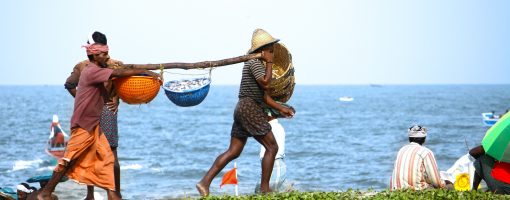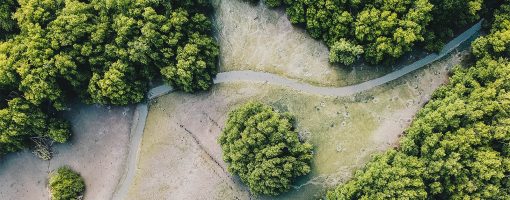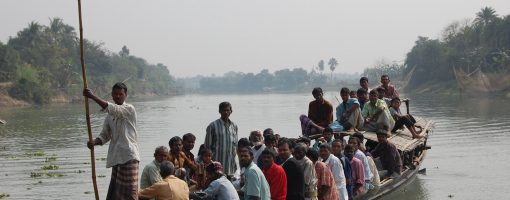
Adaptation · Climate change · Community · Gender · Loss and damage · Marginalized communities · Participation · Participatory methodology · Resilience
Participatory methodologies enable communities to assess climate-induced loss and damage
Anderson, T., & Singh, H. (2020). Participatory methodologies enable communities to assess climate-induced loss and damage. APN Science Bulletin, 10(1). doi:10.30852/sb.2020.1241

